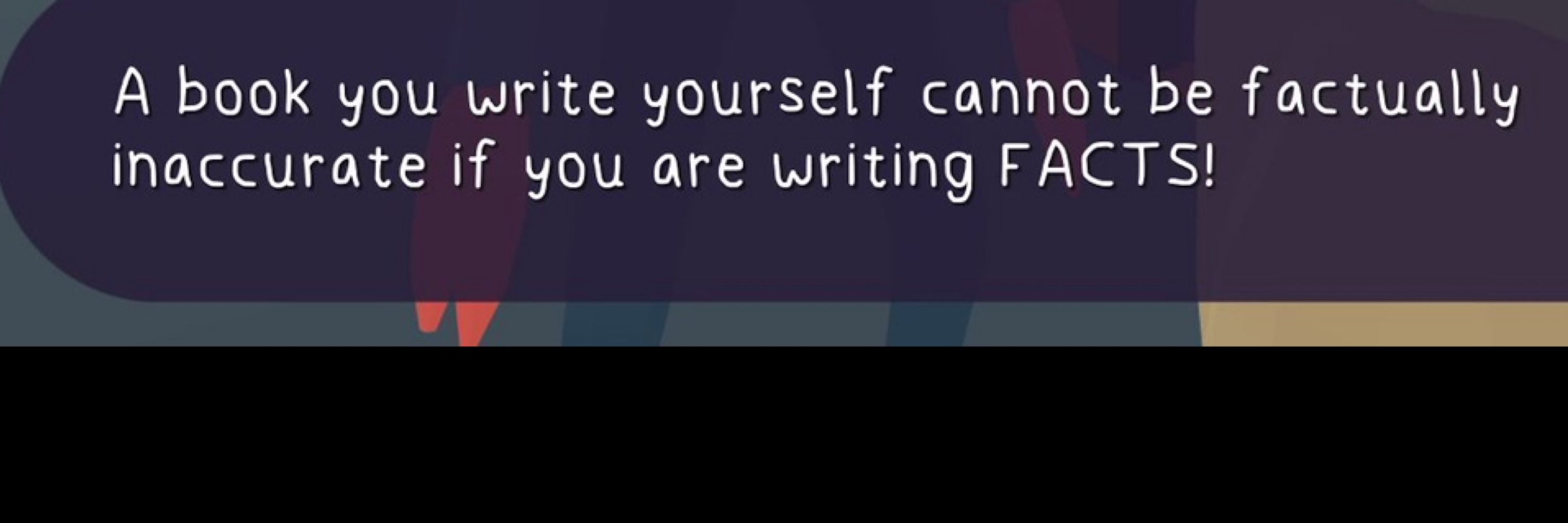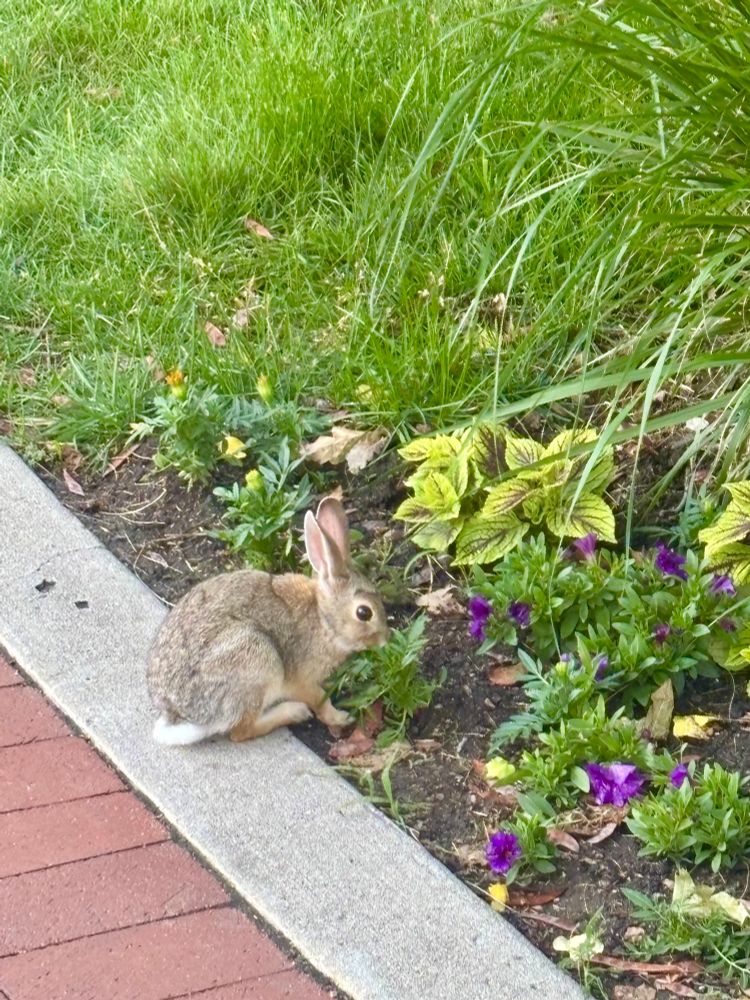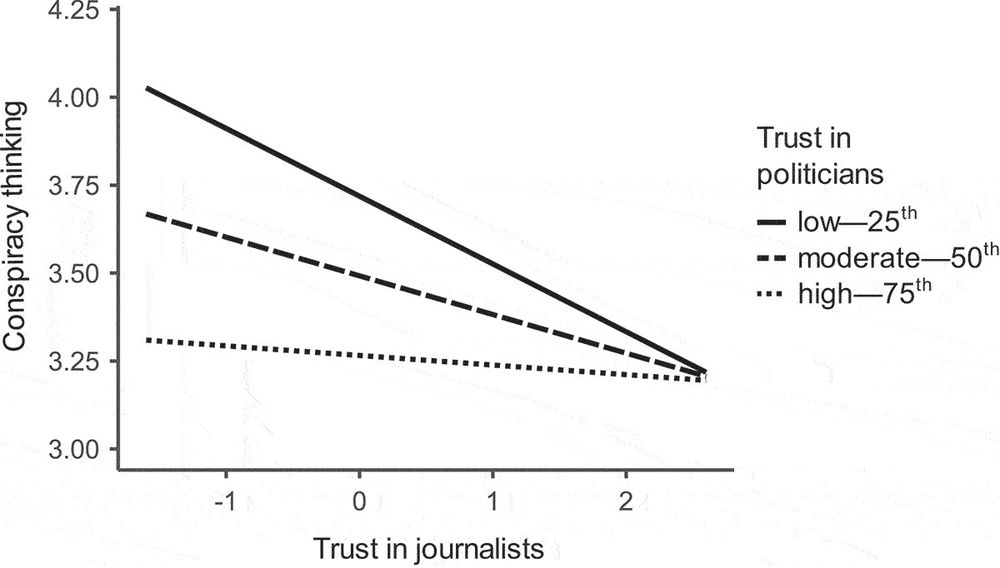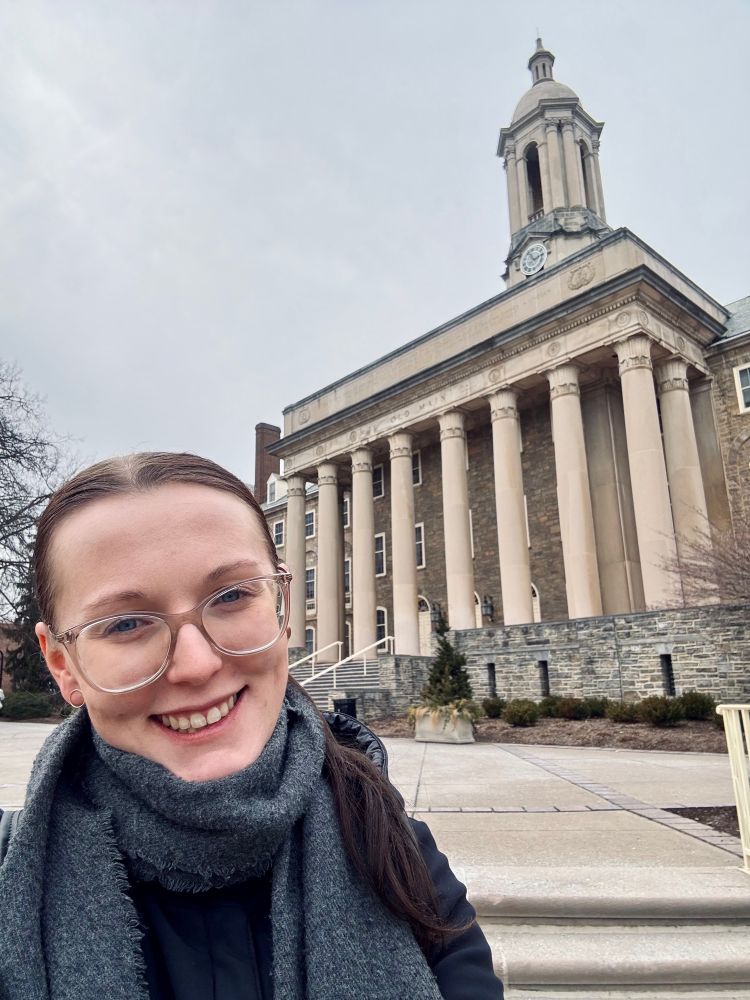
Full preprint here:📄 doi.org/10.21203/rs....
This may be of interest to: @psychunseen.bsky.social @mikeybiddlestone.bsky.social
🧵11/11
Full preprint here:📄 doi.org/10.21203/rs....
This may be of interest to: @psychunseen.bsky.social @mikeybiddlestone.bsky.social
🧵11/11

In my reading of the results, journalists might fill the gap in trust even when the political scene is disappointing. This is especially relevant now when, almost every day, there is a political decision we cannot grasp. Let's make it a call for even better journalism.
🧵6/6
In my reading of the results, journalists might fill the gap in trust even when the political scene is disappointing. This is especially relevant now when, almost every day, there is a political decision we cannot grasp. Let's make it a call for even better journalism.
🧵6/6
Political interest was associated with higher conspiracy thinking. This further erodes the (in my opinion inaccurate) image of "ignorant conspiracists" since, in our sample, people thinking conspiratively actually *are* interested in politics.
🧵5/6
Political interest was associated with higher conspiracy thinking. This further erodes the (in my opinion inaccurate) image of "ignorant conspiracists" since, in our sample, people thinking conspiratively actually *are* interested in politics.
🧵5/6
One of the key findings was the interplay between trust in politicians and journalists. People who trust journalists think less conspiratively, even when they distrust politicians.
🧵4/6

One of the key findings was the interplay between trust in politicians and journalists. People who trust journalists think less conspiratively, even when they distrust politicians.
🧵4/6
🧵3/6
🧵3/6
🧵2/6
🧵2/6


